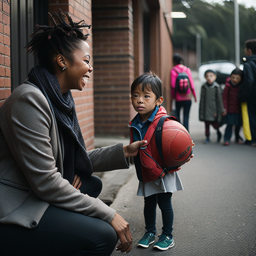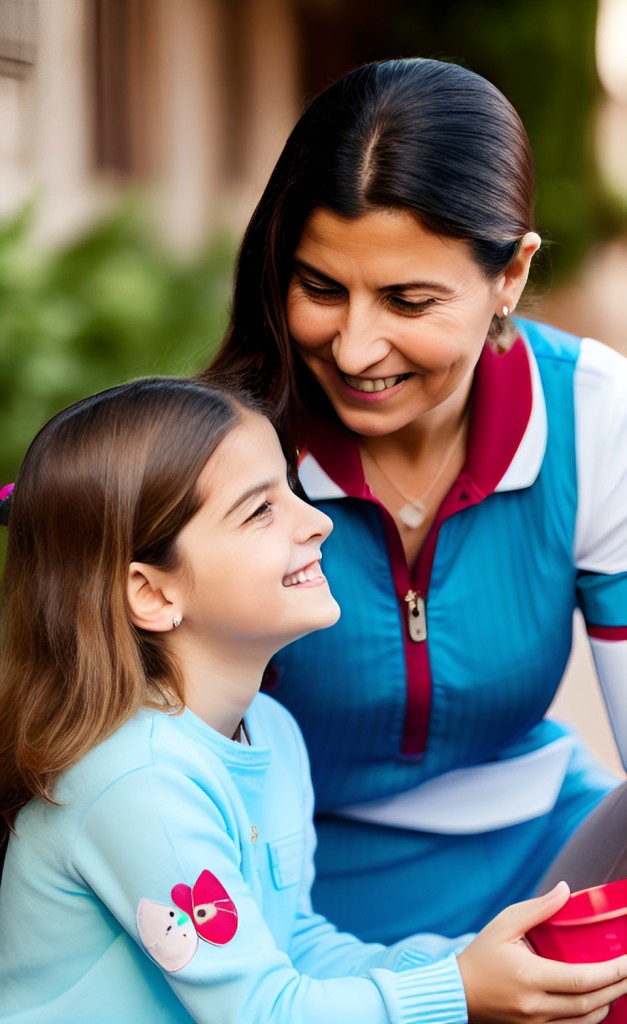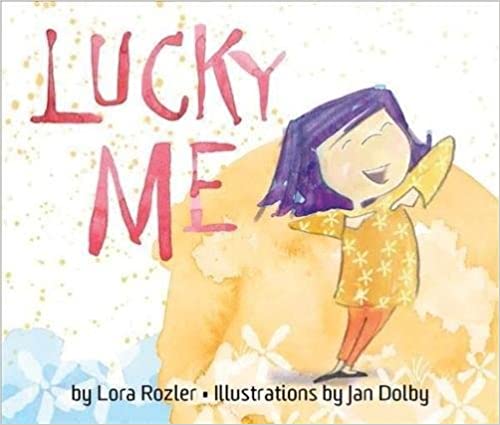As a parent, we want to instill positive values in our children, and one of the most important ones is gratitude. Gratitude is the act of being thankful for the good things in our lives, big or small. Teaching young kids about gratitude is crucial because it helps them develop a positive mindset, and studies have shown that practicing gratitude leads to better mental health, stronger relationships, and a happier life. Here’s why teaching young kids about the importance of gratitude matters.
Gratitude promotes happiness and well-being
Research has shown that gratitude can have a positive impact on our overall well-being. A study conducted by the University of California found that people who regularly practiced gratitude reported feeling more positive emotions, had better sleep, and experienced fewer symptoms of illness compared to those who didn’t practice thankfulness. When we teach our kids to be thankful for the good things in their lives, it helps them focus on the positive and build better relationships with their peers.
Gratitude strengthens relationships
Teaching children to express gratitude towards others can help them build stronger relationships with family and friends. It’s important for kids to learn to say thank you when someone does something kind for them. This can be as simple as saying thank you to a teacher for helping them with a project or thanking a friend for inviting them to a playdate. When kids learn to show gratitude towards others, it helps them build empathy and compassion, which are essential for healthy relationships.
Gratitude improves self-esteem
When we practice gratitude, it helps us focus on what we have instead of what we don’t have. This can be especially important for kids who may compare themselves to others and feel like they don’t measure up. Encouraging kids to be thankful for their unique talents and abilities can help them develop a positive self-image and boost their self-esteem.
Gratitude teaches resilience
Life can be tough, and there will be times when things don’t go as planned. However, when we practice gratitude, it helps us focus on the good things in our lives, even during difficult times. When we teach our kids to be thankful for what they have, it can help them develop resilience and cope better with life’s challenges.
So, how can we teach our kids about gratitude? Here are some tips:
Lead by example
Children learn by example, so it’s important for parents to model gratitude in their own lives. Make it a point to express gratitude towards your kids, partner, and others in your life. Let your kids see you say thank you to the cashier at the grocery store or express gratitude towards a friend who helped you out.
Make it a habit
Teaching kids about gratitude is something that needs to be practiced regularly. Make it a habit to ask your kids what they are thankful for each day, and encourage them to write it down in a gratitude journal. This can be as simple as asking, “What was the best part of your day today?” or “What are you grateful for right now?“
Focus on the positive
When teaching your kids, it’s important for you to focus on the positive. Instead of complaining about what you don’t have, focus on what you do have and express gratitude for it. Encourage your kids to do the same.
Teaching young kids about gratitude is an essential part of parenting. Practicing gratitude can lead to increased happiness, stronger relationships, and better mental health. By modeling gratitude in our own lives and making it a regular habit, we can help our kids develop a positive mindset and build resilience for the future.
Suggested reading with your child:






